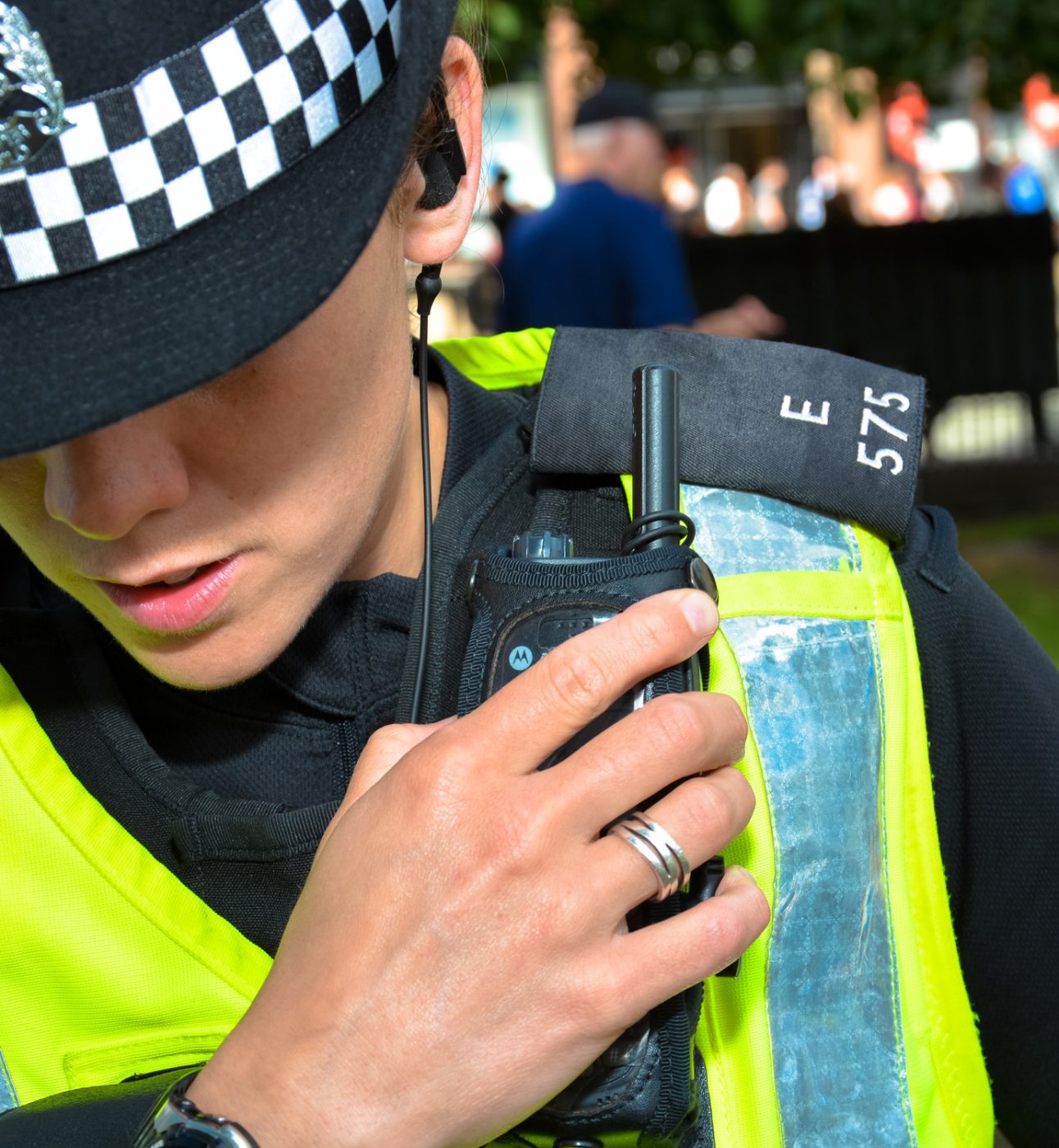Suzanne Jacob, OBE, Chief Executive of SafeLives said:
These were the first thoughts of one of the SafeLives Pioneers – experts by experience – who walk and work alongside us as we try to end domestic abuse. Her own experience with GMP a number of years ago was deeply problematic and the news of the last few days has felt personal.
It is also news that should concern us all. Not because policing hasn’t changed. It has, in many critical ways. These changes were triggered to a large extent by the very tough report by the policing inspectorate, HMIC, back in 2014. This is visible in the training room when we speak to cohorts of officers going through the Domestic Abuse Matters programme. And there has been strong evidence during the pandemic in 2020, that forces – spurred on by highly motivated officers and supported by some systemic and legislative changes – have been creative about how they could use the drop in other types of crime to work proactively on actions to tackle domestic abuse.
This motivation to address harm behind closed doors reflects strong public support, too. In the past, polling of the public saw an almost exclusive preoccupation with acquisitive and localised crimes such as burglary, street robbery and anti-social behaviour. Now, recent research by the well regarded Police Foundation finds that:
So, if public opinion and positive policing practice are aligning, why should the news about GMP make us feel so anxious?
The reasons are both historic and current. Historically, some police officers routinely referred to patterns of controlling and possibly violent behaviour going on behind closed doors as ‘just a domestic’. They would roll their eyes at making repeat visits to the same address, only to find that ‘she won’t cooperate’. We would be naïve to think these attitudes have been eradicated everywhere. An impassioned Theresa May told the Police Federation conference in 2016:
Picking the Police Federation as the forum to make this speech was not an accident. The Federation is often seen as a bastion of some of the most old-fashioned attitudes in policing, and domestic abuse has been cited in a list of things said to be a waste of police time.
Is this way of thinking still just under the surface? What constitutes a ‘proper’ crime?
Theft? Evidence from experts Surviving Economic Abuse shows that abusers are using financial and wider forms of economic abuse in 95% of cases. Women managing to get away from their abuser often do so with damaged credit ratings and holding huge amounts of coerced personal debt, including mortgages and other large loans taken out fraudulently, without their consent. In instances of abuse of parents by their adult children, or where the victim is disabled, benefit theft and fraud are regularly present as part of the abuser’s behaviour.
Domestic abuse is also a less tangible form of robbery. Any survivor will tell you that what their abuser was really trying to take from them was their sense of security, self, peace of mind. An abuser tries to control and take apart their victim piece by piece, whether or not they ever lay a hand on them. It is serious violence.
A crisis in one of our 43 police forces is a moment for renewal, and reflection. We celebrate the many police leaders and rank and file officers who are deeply committed to ending domestic abuse and driving change throughout their forces. Squeezing out the abuser’s space for action. Using the full extent of the state’s powers to fetter and constrain their activity and stop them in their tracks. Disclosing their own experiences of abuse in child or adulthood and how that impacts on their role in protecting the public.
Undoubtedly, they shouldn’t be the only agency to do this – ending domestic abuse requires social services, health services and, indeed, all of us to reach in and play our relevant part. But people call the police when they’re at their wits end, in a moment of absolute crisis. When they do that, they must know they will be heard, taken seriously, and their need for help acted on with efficiency and commitment.



